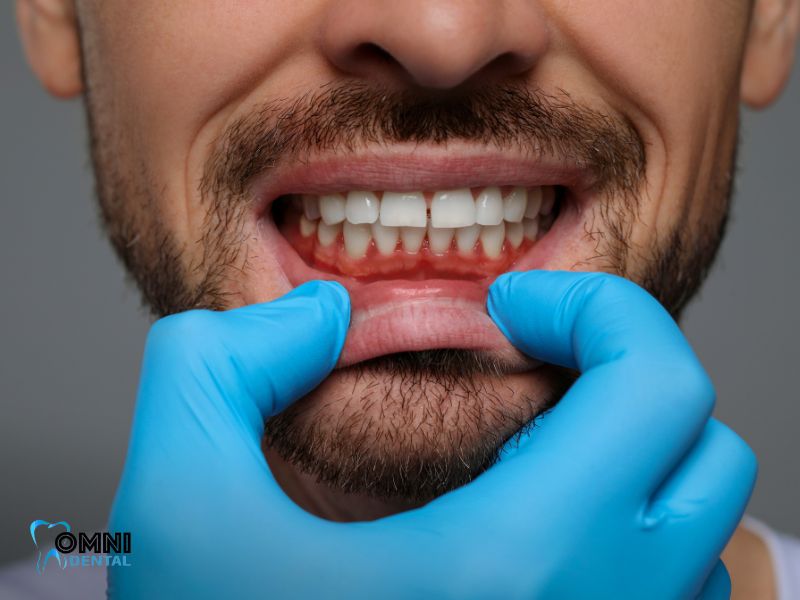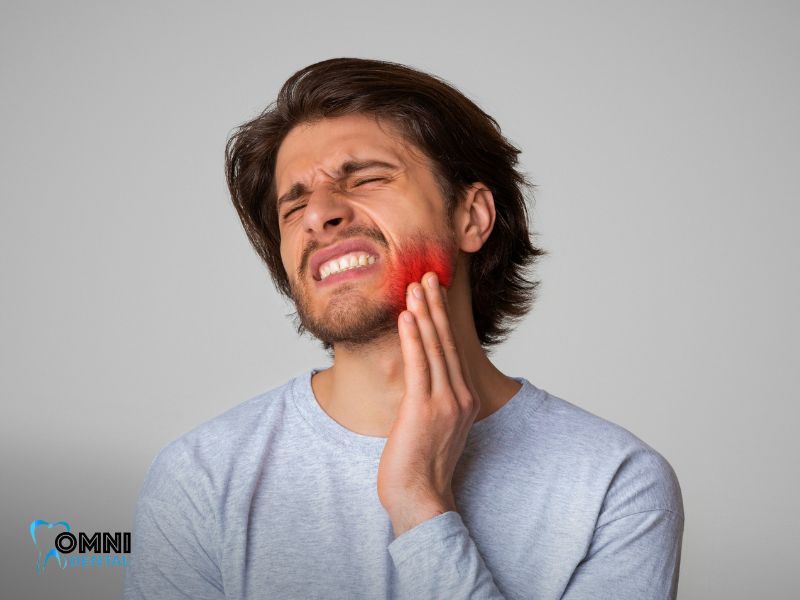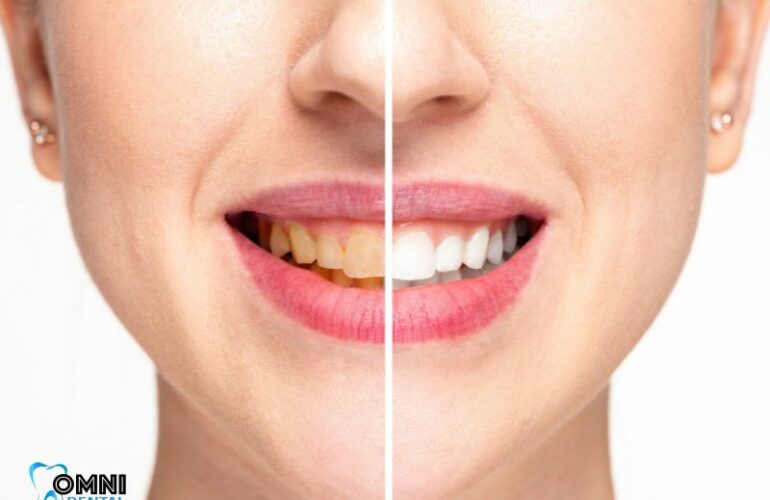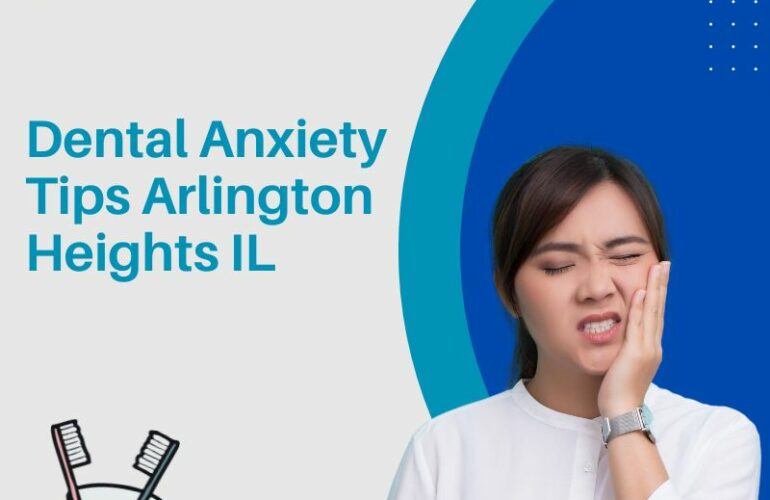Have you ever wondered, “Why do my gums hurt when I brush my teeth?” This question is more common than you might think. Pain in your gums can be just as critical as a toothache, and it’s important to understand what might be causing this discomfort.
What Makes Your Gums Hurt When Brushing?
There are several reasons why your gums may be in pain after brushing. Sometimes, the pain doesn’t start right away. It could be something small, or it might be more serious. Here’s what could be irritating your gums:
Acidic Foods and Your Gums
During festive seasons, we often enjoy foods that are high in acid. These can be tough on your teeth and gums. Eating too many acidic foods, like oranges, pickles, cranberry sauce, and even drinking coffee or wine, can wear away at your teeth protective surface, known as enamel.
This damage can lead to sore gums that hurt or bleed. Drinking water while you eat acidic foods can help protect your enamel.

Signs of Gum Disease: Bleeding and Swollen Red Gums
The early stage of gum disease, called gingivitis, can cause your gums to become swollen, red, and even bleed when you brush. These are signs that bacteria in your mouth are harming your gums. If you notice bleeding gums or swollen red gums, it’s important to take action by brushing with soft bristles and visiting your dentist.
Choosing a Toothbrush: Soft Bristles for Sore Gums
If your gums hurt when you brush your teeth, consider whether you’re using the right toothbrush. Soft bristles are best for protecting your gums. Brush gently, making sure you reach all areas of your mouth. Proper brushing and flossing can help prevent canker sores and keep your gums from hurting.
Correct Brushing Technique: Circular Motions, Not Too Hard
Your brushing technique matters. Dentists recommend brushing and flossing in gentle circular motions to avoid irritating your gums. If you’re too rough, you could cause your gums to recede or develop tooth abrasion.
Oral Devices: Braces, Retainers, Mouth Guards, and Dentures
Oral devices like braces and retainers can sometimes cause sore gums. If your gums hurt because of these devices, talk to your dental professional. They can adjust your braces, fit a new retainer, or create a custom mouth guard to protect your gums.

Regular Dental Visits: Protect Your Gums
To keep your gums healthy, schedule visits with your Arlington Heights dentist every six months. Regular brushing, flossing, and dental check-ups are key to maintaining good oral health. If your gums hurt or bleed when you brush, don’t wait – make an appointment to get them checked.
Remember, taking care of your gums is just as important as taking care of your teeth. If “my gum hurts when I brush my teeth” is a thought you often have, it’s time to review your oral hygiene routine and possibly upgrade your toothbrush. Always use one with soft bristles, and if you have any dental devices, ensure they fit properly and aren’t the cause of your discomfort.
Caring for your gums now can prevent problems in the future. So keep brushing, flossing, and don’t forget to protect your gums – they’re the foundation of a healthy smile!





